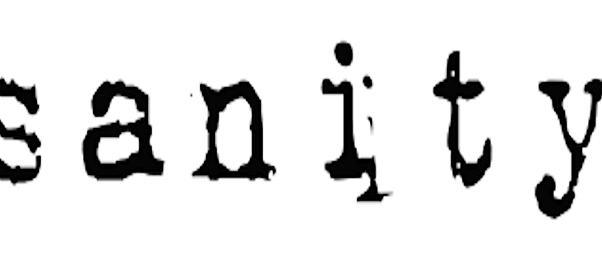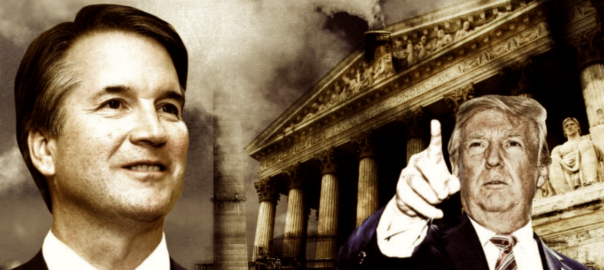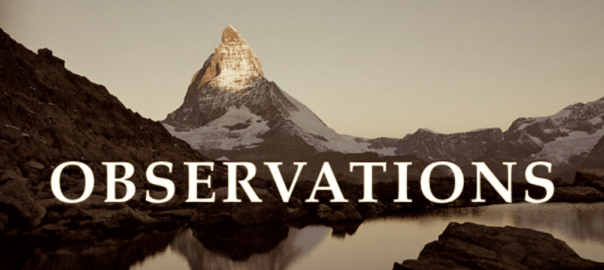
When historians look back at some of the moral currents of the early 21st century, they will call it an “era of anthropological confusion.” It is good that we are no longer imprisoning consenting adults for private activity and that there is robust dialogue of gender and sexual identity and practice.
I have forthright opinions of sexual identity and morality; however, these are not the focus of this essay. Persuading folks that disagree with my Christian convictions is better done in civil, personal dialogue or in lengthy communication. Here I want to argue that all sides of the current disputes on gender and sexual identity and practice are missing an important factor as they seek to persuade, or, in some cases, coerce conformity to their understanding of what is moral and tolerable.
The mistake our entire culture is making on sexuality is profound: we have made Eros the Almighty and sexual pleasure the defining characteristic of human identity. This is tragically deficient anthropology, reducing identity to one’s current sexual proclivities. There are great complexities involved in how people feel and think about gender and sex, and no one should feel marginalized. We do, however, need to dialogue on these issues, especially regarding the education of children, without labeling and libeling those who disagree with us.
If agape love is our starting point, then other loves will find their place. Agape compels thoughtfulness concerning our loyalties and pleasures, our motives and our practices. At this juncture I am only calling for thoughtfulness about sacrificial love. Agape sees people as made in God’s image, worthy of dignity and respect. Agape love helps people not objectify others or abuse people for pleasure. Friendships rooted in mutual interests are possible without the intrusion of unwelcome erotic demands. Comradery in a cause can include people of all orientations and persuasions as they sacrifice for the common good.
We are more than our erotic passions, wonderful as they are (in boundaries of morality and mutuality). Choosing self-restraint is not repression, but a loving decision. People of all persuasions can offer their best efforts toward the common good. There is still a place for debating gender and sexual issues in an environment of love and respect. Even where we radically disagree, a commitment to sacrificial love allows us to unite for noble causes.
Will we stop bowing before idols of immediate pleasure and choose noble pathways of love and service? Can we debate without rancor and stop labeling and libeling? Our preferred future depends upon a social compact of principled liberty for all.




